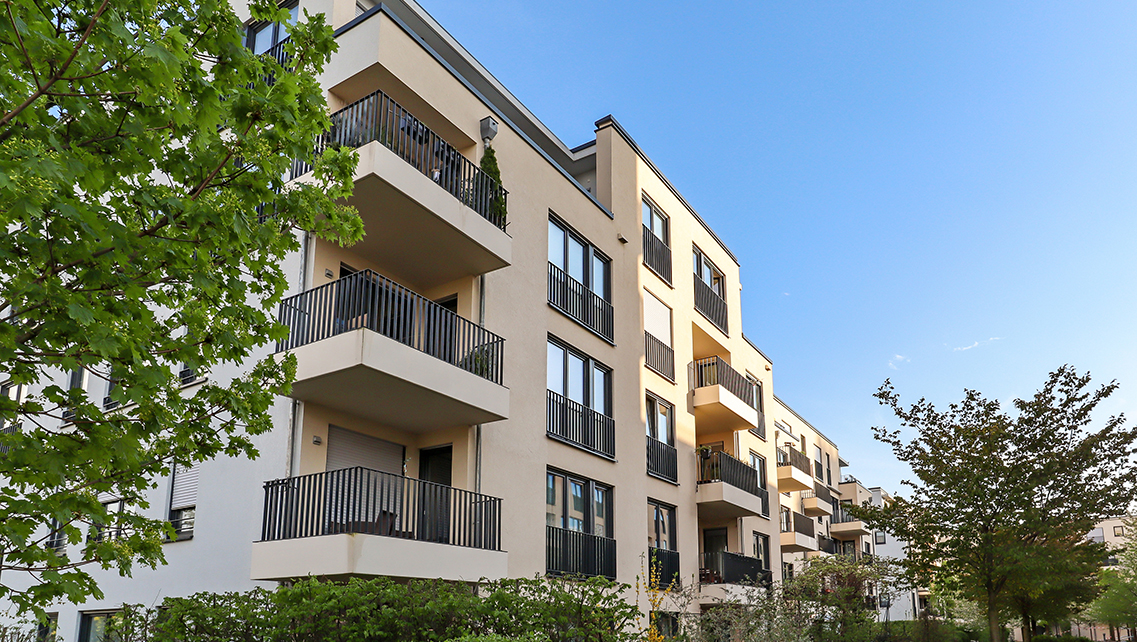
Is South Africa on the cusp of its next housing boom?
Published October 2024
A look at current international trends suggests that we might just be in for a resurgence in buyer activity, but only if South Africa allows for a more accommodative environment that offers consumers much-needed debt relief.
Economist Dr Roelof Botha notes in BetterBond’s August Property Brief, the Reserve Bank’s adherence to an overly restrictive monetary policy has resulted in the ratio of debt costs to disposable income reaching 9.2% – the highest level in 15 years.
Notwithstanding sustained high interest rates and the impact this has had on consumer spending, there are signs of an imminent shift in the property market. The property markets in America, Australia and parts of Europe have already “shrugged off” higher interest rates to show signs of house price inflation and renewed buyer activity.
South Africa seems to be on a similar trajectory. After dropping 19% since November 2021, when the Monetary Policy Committee started its rate hike cycle, BetterBond reported a 10.3% year-on-year increase in home loan applications in July.
House price inflation is also showing signs of modest recovery. Stats SA’s Residential Property Price Index (RPPI) reports an increase of 3.5% in the 12 months to March 2024, up from a revised 3.1% in February 2024. After a slowdown and a low of 1.6% in May last year, residential property inflation is finally starting to trend upwards. BetterBond’s figures for June reflect similar trends, with a 7.5% increase in the average home purchase price for all buyers, well above the current inflation rate.
Ongoing semigration, coupled with the return of expats, has had a noticeable impact on house prices and market activity in certain areas. We have seen the semigration momentum driving house-price inflation in Cape Town and many of the smaller coastal towns, while Gauteng is becoming a hotspot for expats wanting to make the most of the favourable exchange rate on their return home.
These green shoots are not unexpected.
The South African residential property market has repeatedly shown resilience, most recently during the pandemic when many expected the market to collapse. While several sectors of the economy were severely impacted, the property market proved to be more robust than anticipated. Property values held steady, and in some areas, even experienced growth. This resilience was driven by a combination of record-low interest rates, the shift towards remote working, and a renewed focus on homeownership as a form of financial stability and security.
Real estate is big business. South Africa’s residential properties are valued at almost R10 trillion with over 700 000 properties added to the deeds registry in the past decade, according to the Centre for Affordable Housing in Africa. After three years of high interest rates, it’s time for the government to do its bit to stimulate this critical sector of the economy.
Affordability is always a consideration when buying a home, and even more so when consumers are grappling with elevated interest rates and other expenses. Although first-time buyers account for 60% of all bond applications, more needs to be done to encourage this segment of the market to buy homes.
Many of these buyers are in the lower price bands, and government subsidies play a significant role in making homeownership a reality. The Centre for Affordable Housing in Africa reports that, at the end of 2023, most residential properties – nearly 66% – were valued at R900 000 or less. Expanded government-backed housing programmes would therefore go a long way to increasing housing access for lower-income households.
A review of the current transfer duty threshold may also be an option to encourage more buyers to invest in property. Currently, the threshold at which no transfer duty is payable is R1.1 million, although BetterBond’s data suggests that the average purchase price of first-time buyers is R1.2 million. Raising the threshold would certainly allow more buyers onto the property ladder.
Measures to reduce red tape and delays at the Deeds Office would go a long way toward supporting market activity. It can take up to six months for a property transfer to be completed. Although the excessive pandemic backlogs have been resolved, administrative hold ups often delay this process.
Government needs to come on board and help make housing more accessible. The Banking Association of South Africa has said it remains primarily the responsibility of the government to create an enabling operating environment, so that companies can grow and create jobs, allowing South Africans to meet the affordability requirements set out in law.
We welcome the Department of Human Settlements' intention to move ahead with the First Home Finance (FHF) initiative, social housing and the Rapid Land Release Programme to make housing more accessible to the gap market – those who earn between R3 500 and R22 000 a month.
While international markets show renewed vigor despite high interest rates, South Africa’s potential is being hamstrung by an overly cautious monetary policy. The government must act decisively to lower interest rates, expand housing programmes, adjust transfer duty thresholds and streamline administrative processes.
By doing so, South Africa can unlock the full potential of its residential property market, leading to economic growth and enhanced financial stability. The time for change is now – South Africa's next housing boom is within reach, but it requires bold action.
Related articles
Homebuyers guide
How much can you afford?
Your dream home is closer than you think. Make your budget work with the help of our range of calculators
